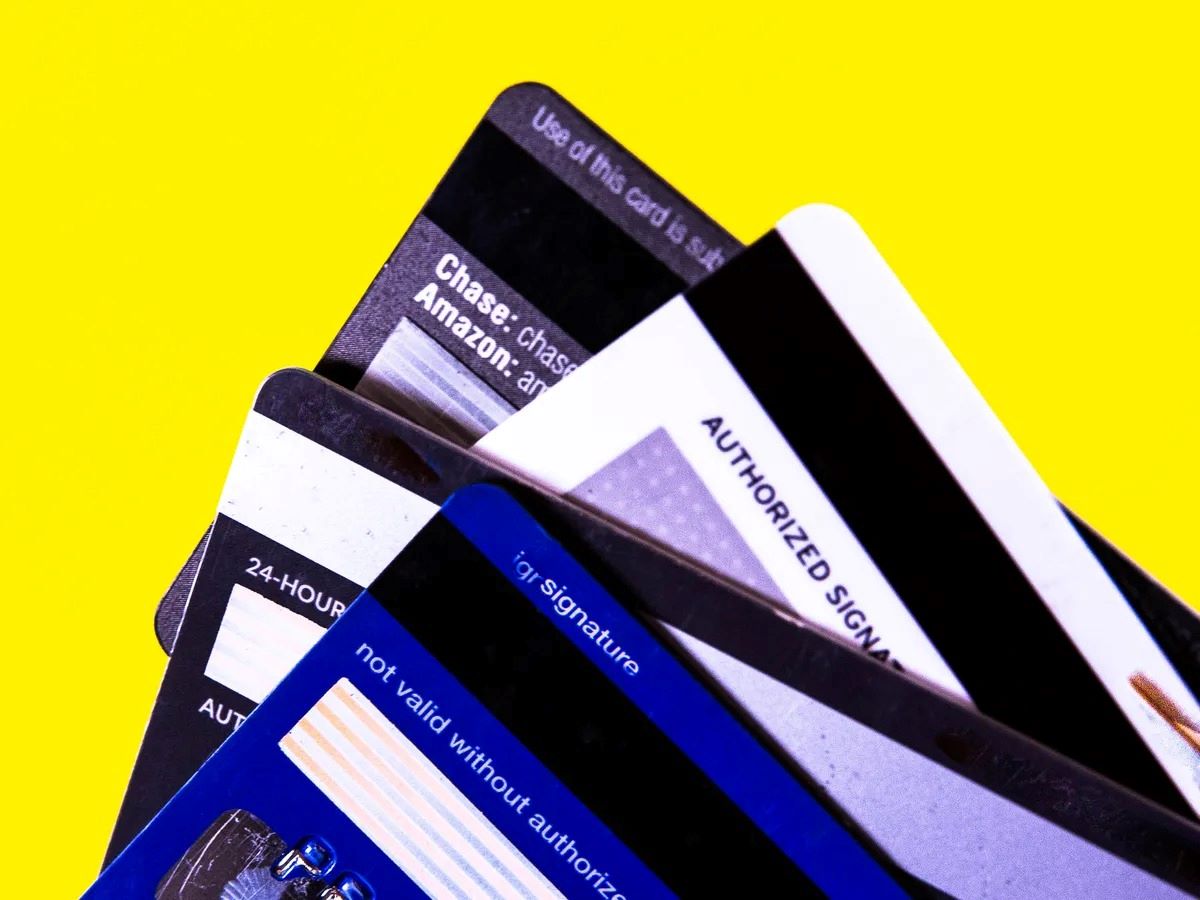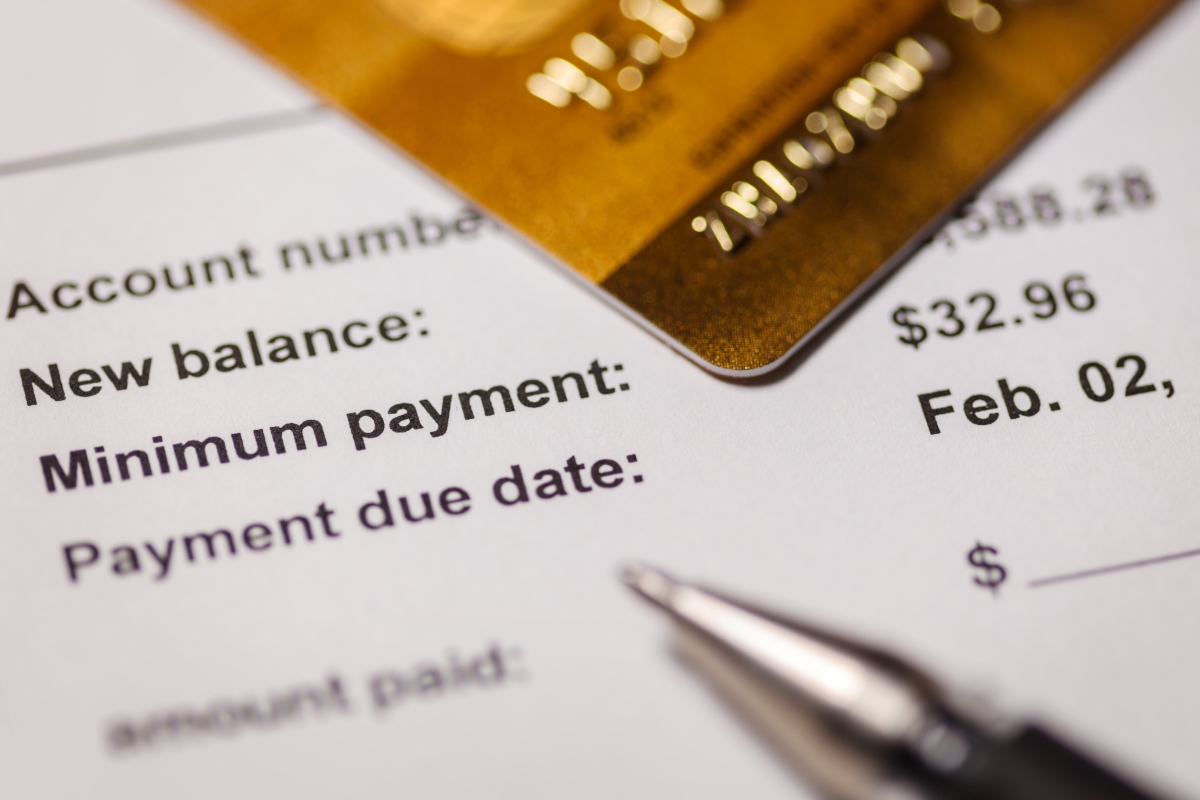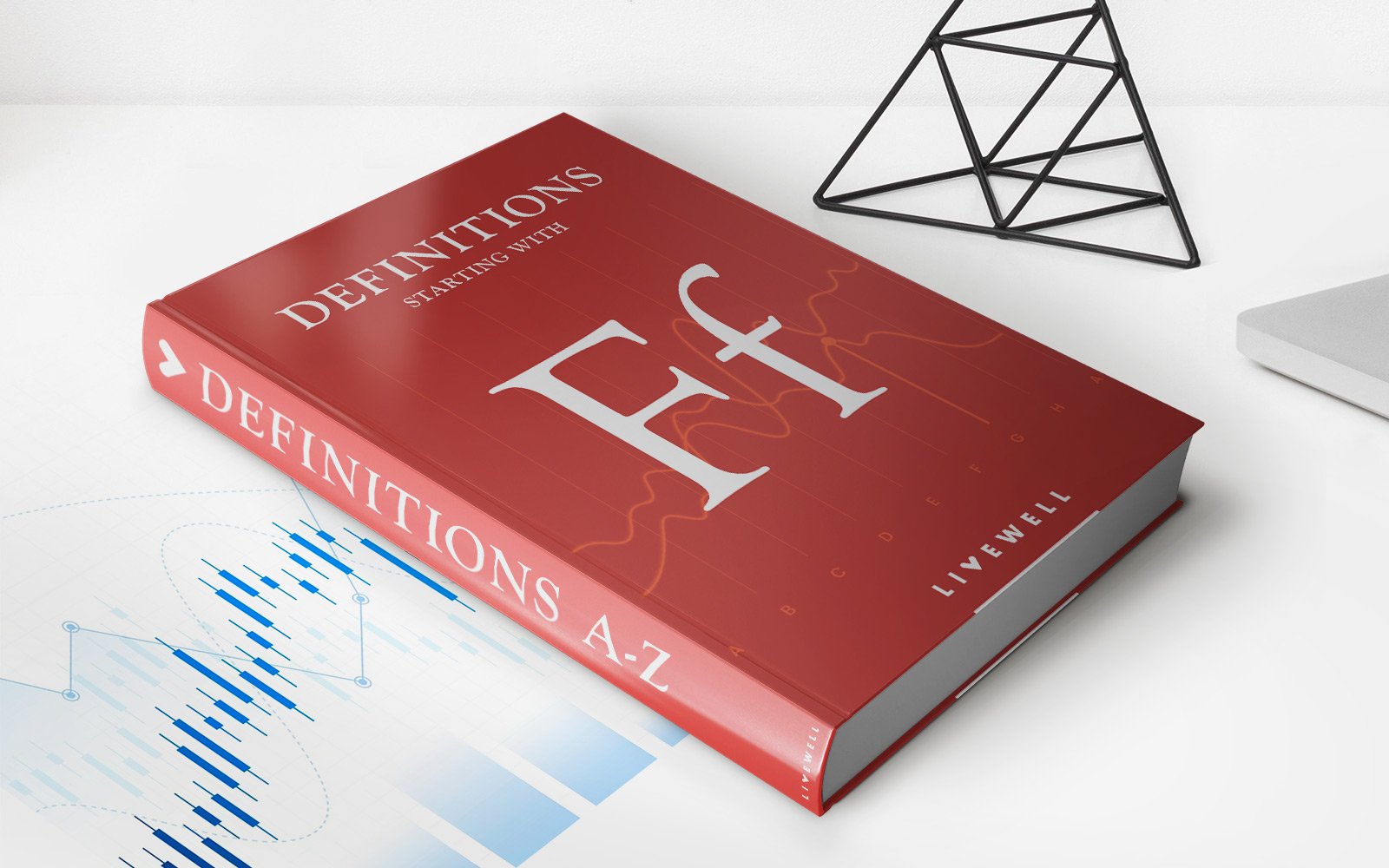Home>Finance>How Long Will It Take To Pay Off A Loan With The Minimum Payment


Finance
How Long Will It Take To Pay Off A Loan With The Minimum Payment
Published: February 26, 2024
Discover how long it takes to pay off a loan with minimum payments. Get expert insights on finance and managing your debt efficiently.
(Many of the links in this article redirect to a specific reviewed product. Your purchase of these products through affiliate links helps to generate commission for LiveWell, at no extra cost. Learn more)
Table of Contents
**
Introduction
**
Loans are a common financial tool used by individuals to make significant purchases or cover unexpected expenses. Whether it’s a mortgage, car loan, student loan, or credit card debt, understanding the dynamics of loan repayment is crucial for managing personal finances effectively. One key aspect of loan repayment that borrowers often overlook is the impact of making minimum payments. In this article, we will delve into the concept of minimum payments and explore how they can affect the time it takes to pay off a loan. By gaining insights into this often underestimated aspect of borrowing, individuals can make informed decisions and take proactive steps to accelerate their journey toward financial freedom.
Understanding the implications of minimum payments goes beyond simple arithmetic; it involves comprehending the underlying mechanisms that influence the overall cost of borrowing and the time required to clear the debt. As we embark on this exploration, we will unravel the factors that contribute to the extended duration of loan repayment when minimum payments are made. Moreover, we will equip readers with practical strategies to expedite the payoff process, empowering them to take control of their financial obligations and achieve greater stability and freedom.
**
Understanding Minimum Payments
**
Minimum payments represent the smallest amount that a borrower must pay toward their outstanding balance each month. While these payments may offer short-term relief by reducing the immediate financial burden, they can significantly prolong the overall repayment period and increase the total interest paid over time. Credit card companies, for instance, often set the minimum payment at a modest percentage of the outstanding balance, typically around 1%-3%, along with any interest and fees accrued during the billing cycle.
One of the most deceptive aspects of minimum payments is their seemingly innocuous nature. Borrowers may perceive them as a manageable and sustainable way to chip away at their debt, but in reality, they can lead to a cycle of prolonged indebtedness. By making only the minimum payment, a significant portion of the funds goes toward covering interest rather than reducing the principal balance. This perpetuates the debt and can result in paying a substantial amount in interest over the life of the loan.
Furthermore, the allure of minimum payments can mask the true cost of borrowing. Borrowers may overlook the long-term implications of extending the repayment period, which can ultimately diminish their financial well-being. It’s essential for individuals to grasp that while minimum payments offer temporary relief, they can lead to a protracted and more expensive repayment journey, ultimately undermining their financial health.
As we unravel the impact of minimum payments, it becomes evident that a deeper understanding of their implications is crucial for borrowers. By shedding light on the nuances of minimum payments, individuals can make informed decisions about their repayment strategy, steering clear of the pitfalls associated with prolonged indebtedness and escalating interest costs.
**
Factors Affecting Loan Payoff Time
**
Several factors come into play when determining the time it takes to pay off a loan, especially when minimum payments are involved. Understanding these factors is essential for borrowers seeking to gain clarity on their repayment timeline and take proactive steps to expedite the process.
Interest Rate: The interest rate on a loan significantly impacts the payoff time. Higher interest rates result in more of the payment going towards interest rather than the principal, prolonging the repayment period. When making minimum payments, borrowers with high-interest loans may find themselves mired in long-term debt.
Outstanding Balance: The total amount owed on the loan directly affects the payoff time. Larger balances, especially when subject to high interest, can extend the repayment duration, particularly when minimum payments are made. It’s crucial for borrowers to assess their outstanding balance and consider strategies to reduce it effectively.
Payment Frequency: The frequency of payments also plays a role in determining the loan payoff time. Making only the minimum monthly payment, as opposed to more frequent payments, can extend the repayment period, as the outstanding balance accrues more interest over time.
Additional Charges and Fees: Loans often come with additional charges and fees, such as late payment fees or annual fees. These can increase the overall amount owed and, when combined with minimum payments, lead to a prolonged repayment period.
Financial Discipline: Borrower behavior and financial discipline also influence the time it takes to pay off a loan. Individuals who make only the minimum payment without actively seeking to reduce their debt may find themselves in a cycle of prolonged repayment, whereas proactive and disciplined borrowers can expedite the payoff process.
By considering these factors, borrowers can gain a comprehensive understanding of the dynamics at play when making minimum payments. Armed with this knowledge, they can make informed decisions and adopt effective strategies to accelerate their journey toward debt freedom.
**
Strategies for Paying Off Loans Faster
**
While the prospect of making minimum payments may seem daunting, borrowers can take proactive steps to expedite the payoff process and achieve financial freedom sooner. By implementing strategic approaches, individuals can mitigate the impact of minimum payments and pave the way for a swifter journey toward debt-free living.
- Pay More Than the Minimum: One of the most effective strategies for accelerating loan payoff is to pay more than the minimum amount due each month. By allocating additional funds toward the principal balance, borrowers can reduce the overall interest accrued and expedite the repayment timeline.
- Create a Budget and Prioritize Debt Repayment: Developing a comprehensive budget that prioritizes debt repayment can provide a clear roadmap for managing finances. By allocating a larger portion of income toward loan payments, borrowers can make significant strides in reducing their debt burden.
- Consolidate and Refinance: For individuals juggling multiple high-interest loans, consolidating debts or refinancing at a lower interest rate can offer substantial savings. This can streamline the repayment process and make it more manageable, especially when striving to pay off loans faster.
- Utilize Windfalls and Bonuses: Windfalls such as tax refunds, work bonuses, or unexpected cash influxes can be channeled toward loan repayment. By earmarking these additional funds for paying down debt, borrowers can make substantial progress in reducing their outstanding balances.
- Explore Biweekly Payments: Making biweekly payments, where the monthly payment is split in half and paid every two weeks, can result in an extra payment each year. This approach can significantly reduce the interest accrued and expedite the payoff timeline.
These strategies empower borrowers to take control of their repayment journey and mitigate the impact of minimum payments. By adopting a proactive and disciplined approach, individuals can chart a course toward financial liberation and break free from the shackles of prolonged indebtedness.
**
Conclusion
**
Understanding the implications of minimum payments and the factors influencing loan payoff time is paramount for individuals navigating the terrain of borrowing and debt management. By unraveling the intricacies of minimum payments and their impact on the overall cost of borrowing, borrowers can make informed decisions and take proactive steps to expedite their journey toward financial freedom.
As we’ve explored, the allure of minimum payments can mask the true cost of borrowing, leading to a cycle of prolonged indebtedness and escalating interest costs. However, by delving into the dynamics at play and considering strategic approaches, borrowers can mitigate the impact of minimum payments and accelerate the payoff process.
From paying more than the minimum and creating a focused budget to exploring debt consolidation and leveraging windfalls for loan repayment, individuals have a myriad of tools at their disposal to expedite the journey toward debt-free living. By adopting a proactive and disciplined approach, borrowers can chart a course toward financial liberation and break free from the shackles of prolonged indebtedness.
Ultimately, the journey toward debt freedom is not merely a financial endeavor; it is a transformative pursuit that empowers individuals to reclaim control over their financial well-being and pave the way for a more secure and prosperous future. By embracing a comprehensive understanding of loan repayment dynamics and implementing strategic approaches, borrowers can navigate the path toward financial freedom with confidence and resilience.
Armed with knowledge, empowered by strategic acumen, and fueled by unwavering determination, individuals can transcend the constraints of minimum payments and embark on a transformative journey toward debt-free living and enduring financial stability.














